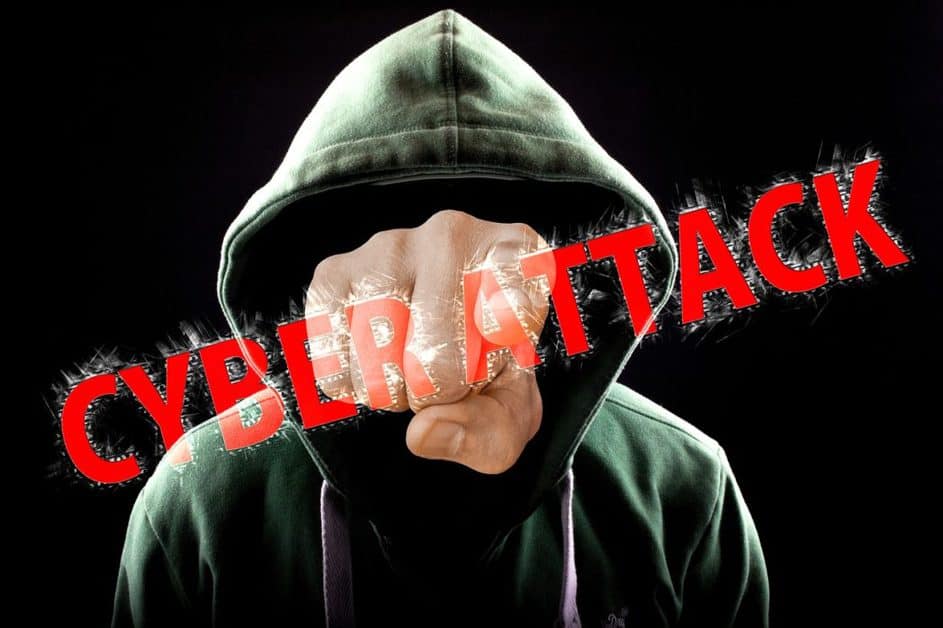According to a senior Biden administration official, the government is launching a new programme to assist power grids, water districts, and other vital industries in defending themselves from potentially debilitating cyberattacks.
In an interview with The Associated Press on Thursday, Anne Neuberger, deputy national security adviser, said, “Our goal is to ensure that control systems serving 50,000 or more Americans have the core capability to identify and block malicious cyber activity.” “That’s it in a nutshell. It’s a clear target, but getting there will take a lot of effort.”
The administration’s fears about the vulnerability of critical infrastructure, such as the electric grid and water treatment plants, to hacks that could have devastating implications for American life are reflected in the public-private partnership. Despite the fact that the government has a history of dealing with utilities, officials believe the threat has grown as more utility networks are linked to the Internet, and the Biden administration needs to make quick progress in preventing any attacks.
Meanwhile, the administration has failed to respond to two major cyber intrusions in the first 60 days. In the first, Russian hackers inserted malicious code into a software update that was distributed to thousands of government and private sector organisations. The second, much more widespread hack, which the company claims was carried out by Chinese state hackers, affected tens of thousands of Microsoft Exchange email servers.
After the White House urged Microsoft to find an easy way to clean up after the hack, the company developed a one-click tool to fix the issue. As a result, the number of compromised devices has decreased from 100,000 to less than 10,000, according to Neuberger.
According to her, one concept that was considered was whether Microsoft should distribute a patch to all infected systems in order to effectively “vaccinate” them. Despite the fact that it was decided that this was not theoretically feasible in this situation, the government would continue to collaborate with the private sector to pursue this possibility in the future.
Neuberger is also the administration’s point person for the so-called SolarWinds hack, in which Russian hackers allegedly compromised at least nine federal agencies. According to the Associated Press, the hackers obtained access to email accounts belonging to the director of the Trump administration’s Department of Homeland Security and members of the department’s cybersecurity team, whose duties included searching for threats from other countries.
Some of the nine agencies impacted had “gaps” in basic cybersecurity protections, according to Neuberger, which has hindered officials’ ability to assess what the hackers accessed.
She said the administration has identified five unique modernization efforts as a result of its investigation into how the SolarWinds hack occurred, including the use of technology that constantly monitors for malicious activity and requiring more multi-factor authentication so networks can’t be accessed with only a stolen password.
The vulnerability to critical infrastructure was highlighted in February, when a hacker’s failed attempt to poison a small Florida city’s water supply raised questions about how vulnerable the country’s facilities might be to attacks by more sophisticated intruders.
An unknown hacker used a remote access software shared by plant employees to temporarily increase the volume of lye — sodium hydroxide — by a factor of 100, placing Oldsmar’s water supply in jeopardy, according to a local sheriff. Lye is used to reduce acidity, but it is extremely caustic and can burn when used in high concentrations. It can be used in drain cleaners.
Around 1:30 p.m., a supervisor watching a plant console saw a cursor travel across the screen and adjust settings, and was able to quickly reverse it. In five minutes, the attacker was in and out. Experts claim suspicious events are rarely identified and are typically attributed to technical or procedural failures. There is no federal reporting requirement, and state and local laws differ greatly.
The financial fortification of the nation’s 151,000 public water systems falls just short of that of nuclear power plants and electric utilities. They are a patchwork of different technologies and security policies than other wealthy countries.
Federal prosecutors charged a Kansas man on Wednesday, alleging that he gained unauthorised access to a rural water district’s secure computer system and “performed activities that shut down the processes at the facility that influence the facilities cleaning and disinfecting procedures.”











Leave a Reply